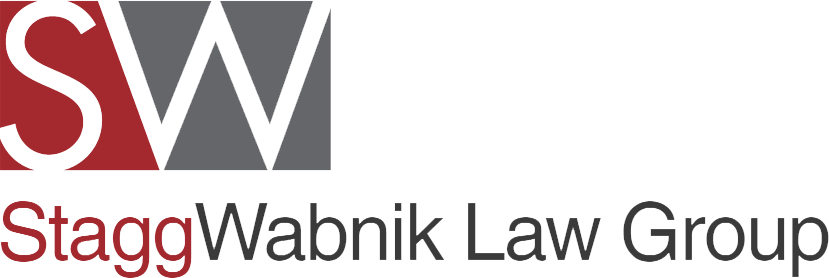Understanding the Beneficial Ownership Information Act: Current Status and Future Outlook
- Stagg Wabnik
- Feb 14
- 3 min read
Updated: Mar 26

The regulatory landscape for businesses continues to evolve, with transparency requirements playing a crucial role in compliance. The Beneficial Ownership Information (BOI) Act is designed to prevent illicit financial activities by requiring certain business entities to disclose ownership details. However, implementing these requirements has faced legal challenges, leading to uncertainty about enforcement. Understanding the BOI Act and its implications is essential for businesses aiming to remain compliant with federal regulations.
What is FinCEN?
The Financial Crimes Enforcement Network (FinCEN) is a bureau of the U.S. Department of the Treasury that focuses on safeguarding the financial system from illicit activities such as money laundering, terrorist financing, and fraud. FinCEN collects and analyzes financial transaction data to identify potential financial crimes and enforce regulatory compliance. The agency collaborates with law enforcement, regulatory authorities, and financial institutions to enhance transparency and combat financial misconduct.
As part of its mission, FinCEN oversees implementing and enforcing the Beneficial Ownership Information (BOI) Act, ensuring that certain business entities disclose their beneficial ownership details to prevent the misuse of shell companies and other illicit financial structures.
Current Status of the BOI Act
The Beneficial Ownership Information (BOI) Act, enacted as part of the Corporate Transparency Act (CTA) in 2021, mandates that certain business entities disclose their beneficial owners to the Financial Crimes Enforcement Network (FinCEN). This legislation aims to enhance transparency and combat illicit financial activities.
As of early 2025, implementing the BOI reporting requirements remains uncertain due to ongoing legal challenges. In December 2024, the U.S. District Court for the Eastern District of Texas issued a nationwide preliminary injunction, halting the enforcement of the CTA and its associated reporting rules. The U.S. Court of Appeals for the Fifth Circuit initially stayed this injunction but later reinstated it on December 26, 2024, effectively pausing the reporting obligations.
On January 23, 2025, the U.S. Supreme Court granted the government's request to stay the district court's injunction, potentially allowing the BOI reporting requirements to proceed. However, another federal court order remains in effect, continuing to block the enforcement of these requirements. Consequently, businesses are not mandated to submit BOI reports until further legal resolutions are reached.
Potential Future Developments
The legal landscape surrounding the BOI Act is dynamic and subject to change. Several outcomes are possible:
Judicial Decisions: Depending on the rulings, pending appeals in federal courts may lead to the reinstatement or permanent suspension of the BOI reporting requirements.
Legislative Actions: In response to concerns about the burden on small businesses, legislation has been introduced in Congress aiming to repeal the CTA. The progression of such bills could significantly impact the future of BOI reporting obligations.
Regulatory Updates: FinCEN may issue new guidance or adjust compliance deadlines based on legal developments, providing clarity for affected entities.
How Stagg Wabnik Law Group Can Assist
Navigating the complexities of the BOI Act requires informed legal guidance. Stagg Wabnik Law Group is committed to helping businesses understand and comply with evolving regulatory requirements. Our services include:
Regulatory Compliance: Advising on current obligations under the BOI Act and related legislation.
Risk Assessment: Evaluating the potential impact of BOI reporting on your organization and developing strategies to mitigate associated risks.
Policy Development: Assisting in creating internal policies and procedures to ensure compliance with beneficial ownership disclosure requirements.
Ongoing Support: Providing updates and guidance as legal developments unfold, ensuring your business remains informed and compliant.
Proactive compliance is essential in today's regulatory environment. Contact Stagg Wabnik Law Group at (516) 812-4550 or visit our contact page to schedule a consultation and safeguard your business interests.


Comments